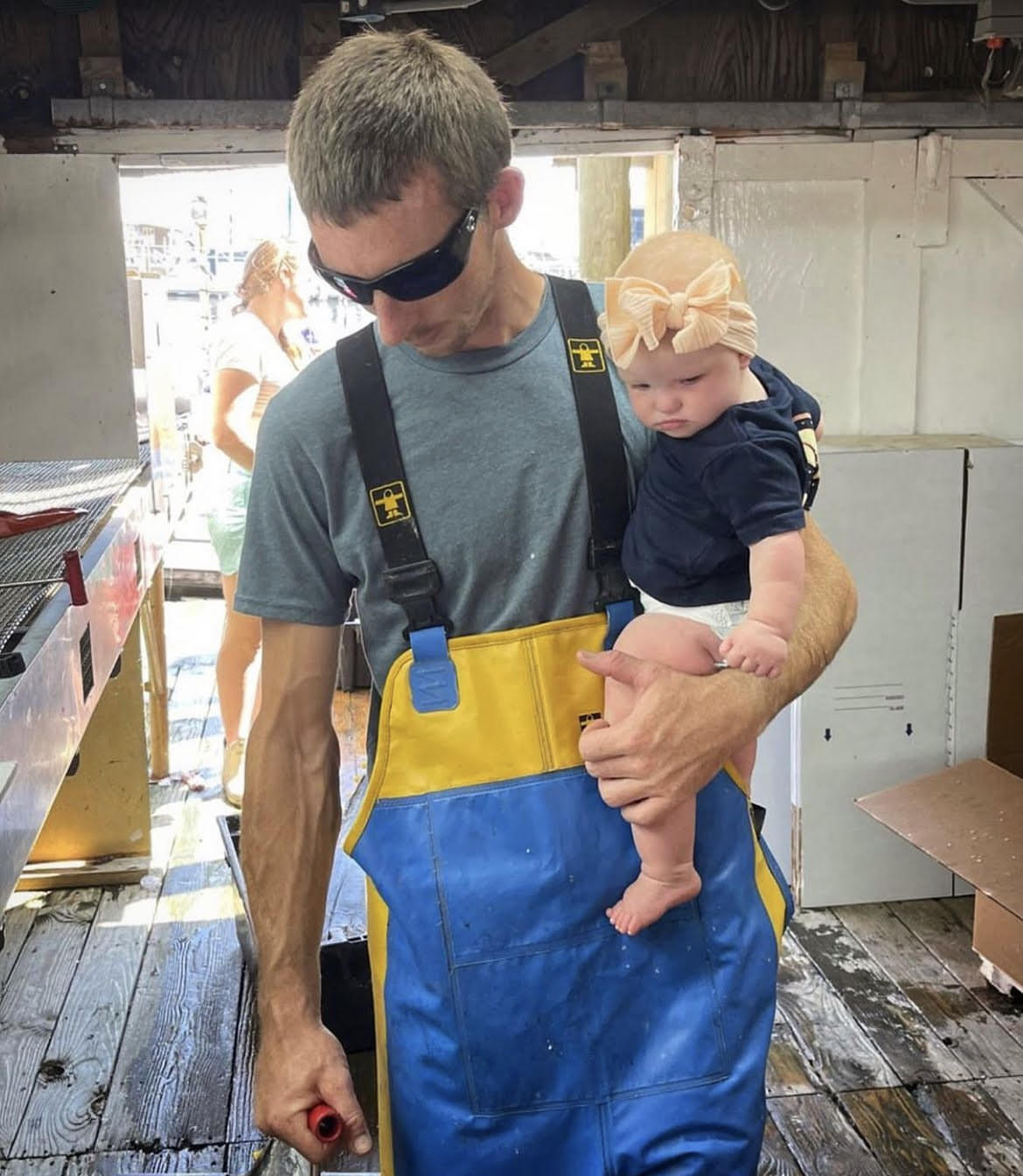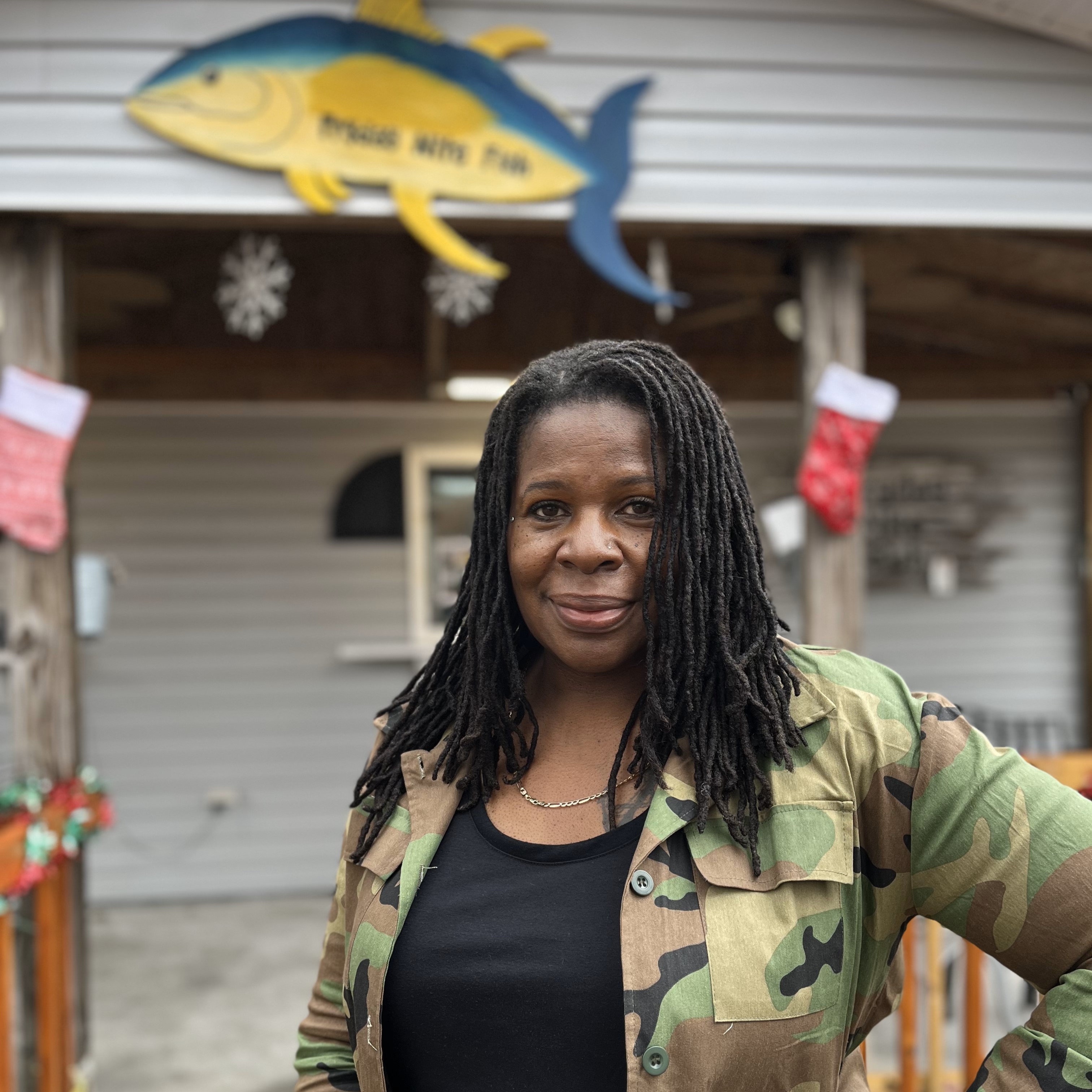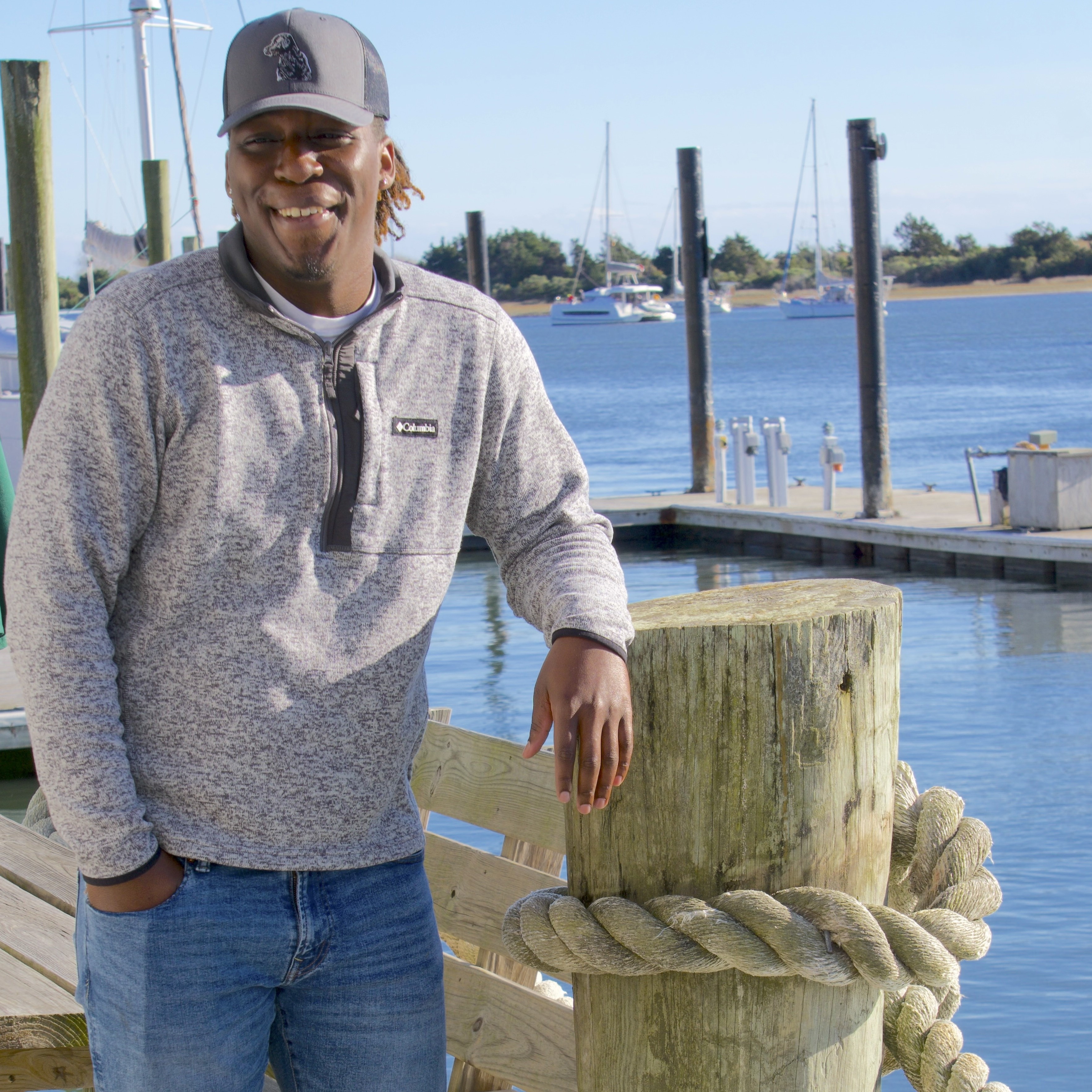Young fishermen are struggling. Where will you get reliable seafood if they don't survive?

Too few young commercial fishers are coming in to replace the aging workforce.
“It’s an industry that is truly dying. There are so few people getting into it. It’s incredibly disheartening,” New England fisherman Lucas Raymond told Civil Eats.
Fifty-five is the average age of groundfish and lobster captains in New England. North Carolina is seeing a decline in commercial fishing too.
The number of people with N.C. commercial licenses who sold seafood has dropped more than 50% since 2001, the N.C. Division of Marine Fisheries said in a USA Today report. The number was 4,273 in 2001 but just 1,897 in 2020. That's a loss of 2,376 active commercial fishers. The number of shrimpers alone has decreased by half since the early 2000s to just 750 fishermen. The number of fishing trips is down too.
These are not factory vessels or corporate-backed operations. North Carolina’s commercial fishing fleet is mostly made up of small crews who work on modest-size boats. Most boats represent family businesses that have been passed down through the generations. Crews are often related. Wooden boats and fishing gear are typically built and maintained by local families. Seafood packing houses – better known as “fish houses” – are deeply rooted in communities.
If these operations and commercial fisheries disappear, so will your access to safe, healthy local seafood.
Even the federal government recognizes the crisis. In December 2020, Congress passed the Young Fishermen’s Development Act "to preserve United States fishing heritage through a national program dedicated to training and assisting the next generation of commercial fishermen." The legislation directs the National Sea Grant Office in the National Oceanic and Atmospheric Administration to establish a Young Fishermen's Development Grant Program to provide training, education, outreach, and technical assistance initiatives for young fishermen. The first round of those grants are set to be awarded in 2023.
Commercial fishing families need your help too.
Seafood consumers are an important fisheries stakeholder group, yet they are consistently left out of fisheries management discussions and decisions, NC Catch board chair Barbara Garrity-Blake said.
Young fishermen are struggling for a few reasons. Getting boats and gear to enter the fishing industry is a high five-figure proposition. Fuel prices are also more expensive than ever. Then there are mounting and increasingly complex regulations to contend with. Oftentimes, commercial fishers find out about new or proposed rules at the last minute.
"The process as it stands today exacerbates instability in the markets, and trauma among fishing families who can literally lose their livelihoods with a stroke of a pen in mere days," Garrity-Blake said.
Already, some Outer Banks fishers have sold nets and boats or just don't fish, NC Catch board member and Wanchese fish house owner Micah Daniels said.
Your voice matters
Understanding regulations can be challenging, but it's important for consumers get involved in the process and speak up to save their local seafood. That means following fisheries news like the weekly updates at ncfish.org and knowing when public hearings are scheduled.
It also means understanding how fishing gear really works.
Too often, N.C. commercial fishing families are demonized for destroying resources when, in fact, North Carolina commercial fishers are leaders in sustainable fishing practices that protect fragile fishery nursery areas, save sea turtles and minimize incidental bycatch (finfish) from nets. They care deeply about the marine environment they depend on for their livelihoods.
Fishers here were first in America to install devices to reduce the amount of fish caught in shrimp nets. They're ongoing cooperative research with scientists has further reduced bycatch by 40% since 2015.
Also, it was North Carolina commercial fishermen who proposed doubling commercial fishing license fees to help protect turtles. The extra dollars fishers pay covers the cost of observers who tag along on commercial fishing trips to monitor sea turtle interactions with gill nets. The fishermen’s proposal, passed in 2015, also funds new research to develop and support sustainable fishing practices.
Most importantly, always buy local seafood from reputable markets and never be afraid to ask where markets and restaurants source seafood.
"Our fishermen are connected to, and embedded in, the very social and economic fabric of coastal communities, enabling them to give consumers access to the most sustainable, delicious, and nutritious seafood available," Garrity-Blake said. "It’s increasingly rare to know where your food comes from. We’d like to see our local food systems better supported by the great state of North Carolina."





